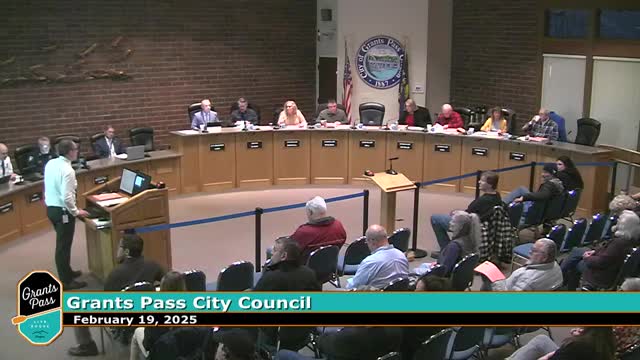Article not found
This article is no longer available. But don't worry—we've gathered other articles that discuss the same topic.
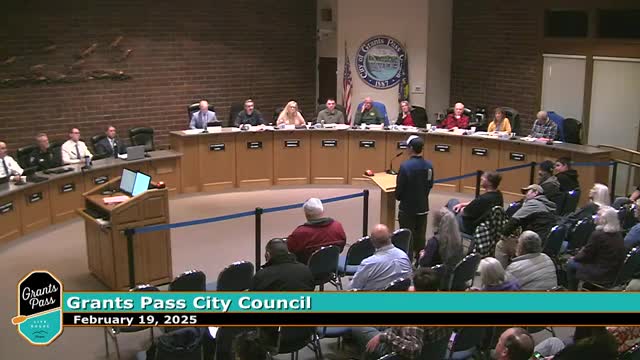
Council appoints Ward 3 councilor and two budget‑committee members
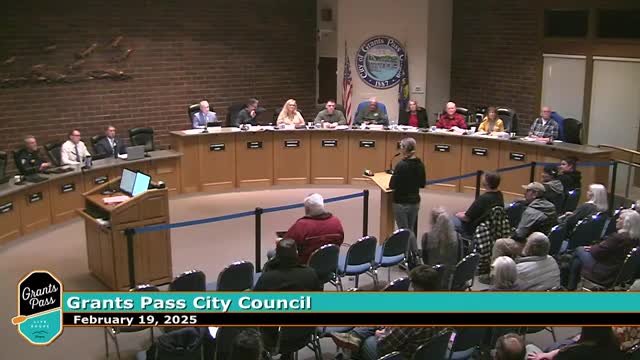
Urban Renewal Agency approves up to $50,000 SDC grant for Greenfield RV Resort
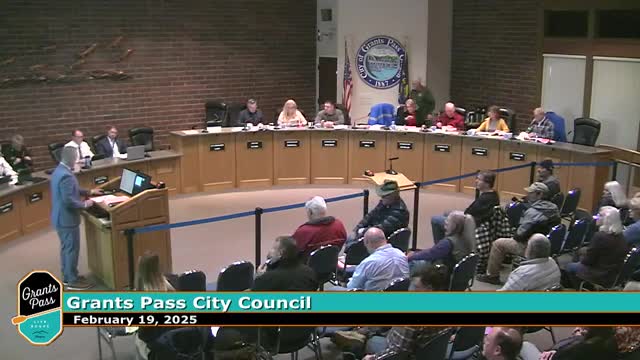
Council designates two temporary sites and a 96‑hour limit for outdoor resting amid judge’s order
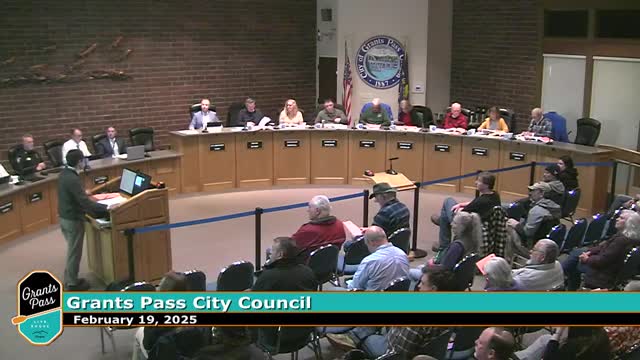
Council adopts expanded public-notice rules for land-use hearings after split vote
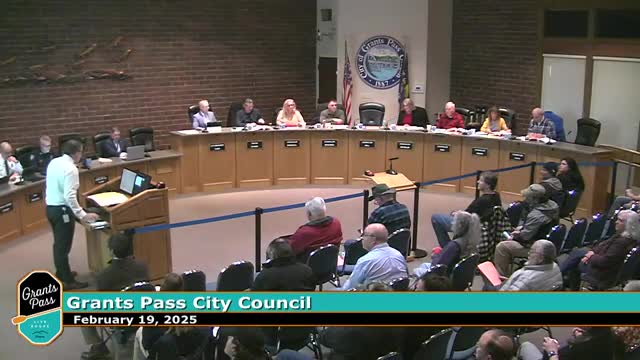
Council clears three property‑line vacations for public projects and private redevelopment
